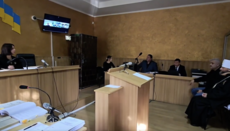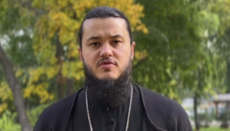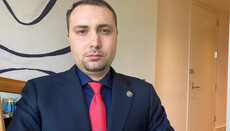Vatican officially rejects sex change, abortion and surrogacy

The Declaration of Dignitas infinita on Human Dignity also condemns euthanasia, willful suicide, prostitution, slavery and genocide.
The Congregation for the Doctrine of the Faith of the Catholic Church has published the Dignitas Infinita Declaration ("Infinite Dignity") that reflects the position of the Catholic Church on several ethical issues, including gender theory, abortion, euthanasia, and surrogacy.
In the declaration, approved by Pope Francis on March 25, many topics close to the Pontiff are addressed, such as combating poverty, war, human trafficking, and assisting migrants.
In the section dedicated to gender theory, the Vatican reaffirms its position that a person's gender is an unchangeable gift from God, and that "gender theory" represents a dangerous misconception.
The declaration also condemns abortion, euthanasia, assisted and willful suicide, prostitution, slavery, and genocide.
The Vatican does not endorse the idea of gender change, stating that it contradicts the Divine plan: “We cannot separate the masculine and the feminine from God’s work of creation, which is prior to all our decisions and experiences, and where biological elements exist which are impossible to ignore. Only by acknowledging and accepting this difference in reciprocity can each person fully discover themselves, their dignity, and their identity."
At the same time, it asserts that "every sign of unjust discrimination is to be carefully avoided, particularly any form of aggression and violence" in relation to homosexual persons.
Speaking about surrogacy, the Declaration emphasizes that the "desire to have a child" should not be confused with the "right to have a child that fails to respect the dignity of that child as the recipient of the gift of life. "<...> the child has the right to have a fully human (and not artificially induced) origin and to receive the gift of a life that manifests both the dignity of the giver and that of the receiver," the document states.
Surrogacy is prohibited, as "this contrasts in every way with the fundamental dignity of every human being and with each person’s right to be recognized always individually and never as an instrument for another."
The Declaration deplores euthanasia, stressing, "Even in its sorrowful state, human life carries a dignity that must always be upheld, that can never be lost, and that calls for unconditional respect." It strongly reiterates that suffering does not cause the sick to lose their dignity but "can become an opportunity <...> to gain greater awareness of the precious value of each person to the whole human family."
The Vatican has also reviewed "digital violence", pointing out that "new forms of violence are spreading through social media, for example, cyberbullying." In addition, "the internet is also a channel for spreading pornography and the exploitation of persons for sexual purposes or through gambling."
In conclusion, the declaration "ardently urges that respect for the dignity of the human person beyond all circumstances be placed at the center of the commitment to the common good and at the center of every legal system."
As reported earlier, Pope Francis stated that Pope Benedict backed him up on defending the LGBT community.





